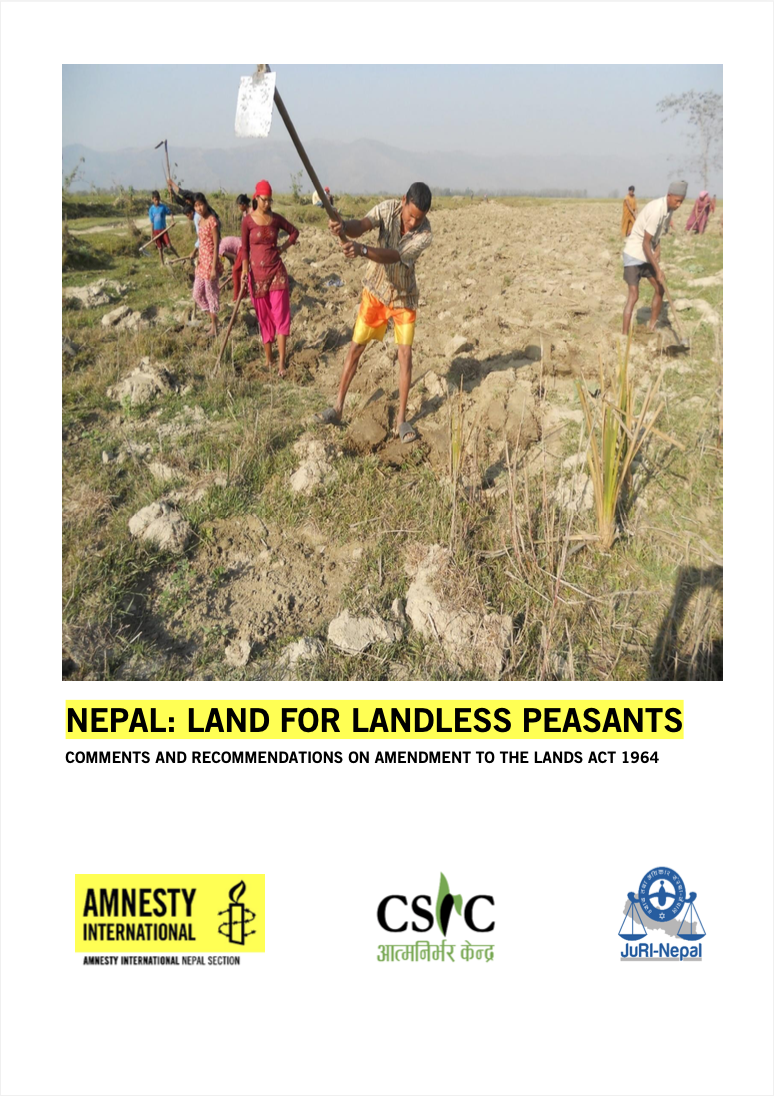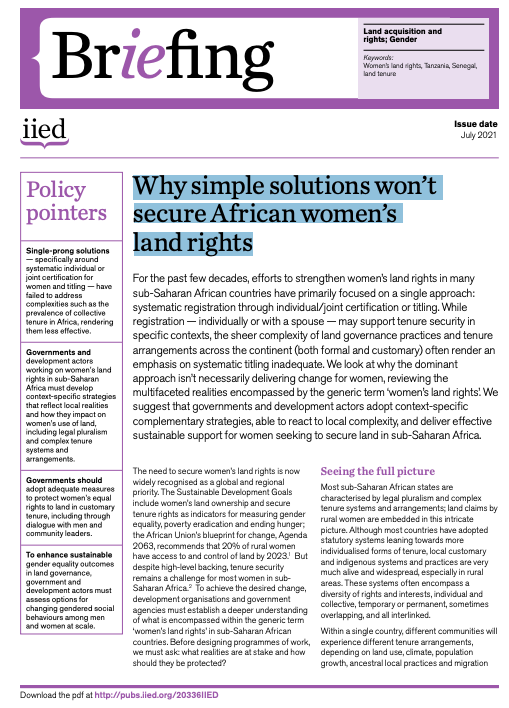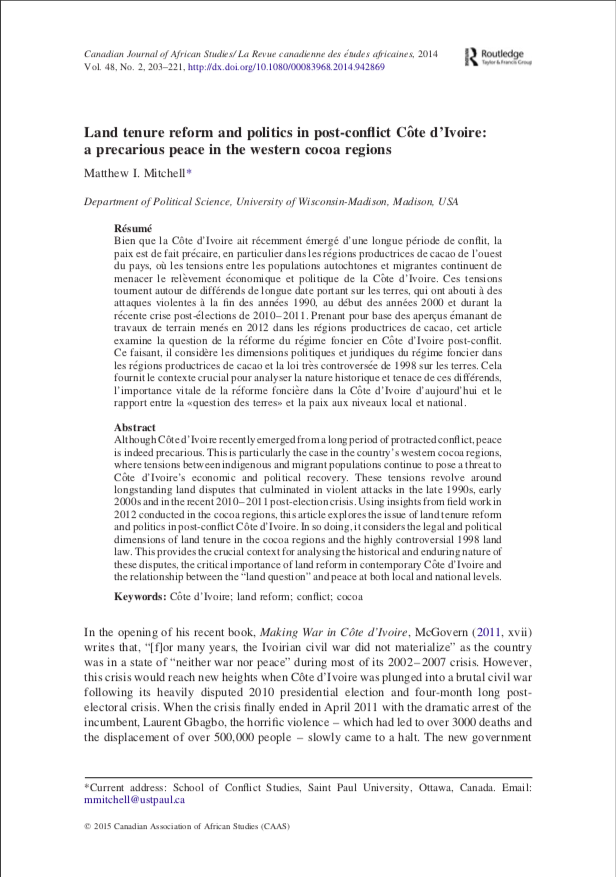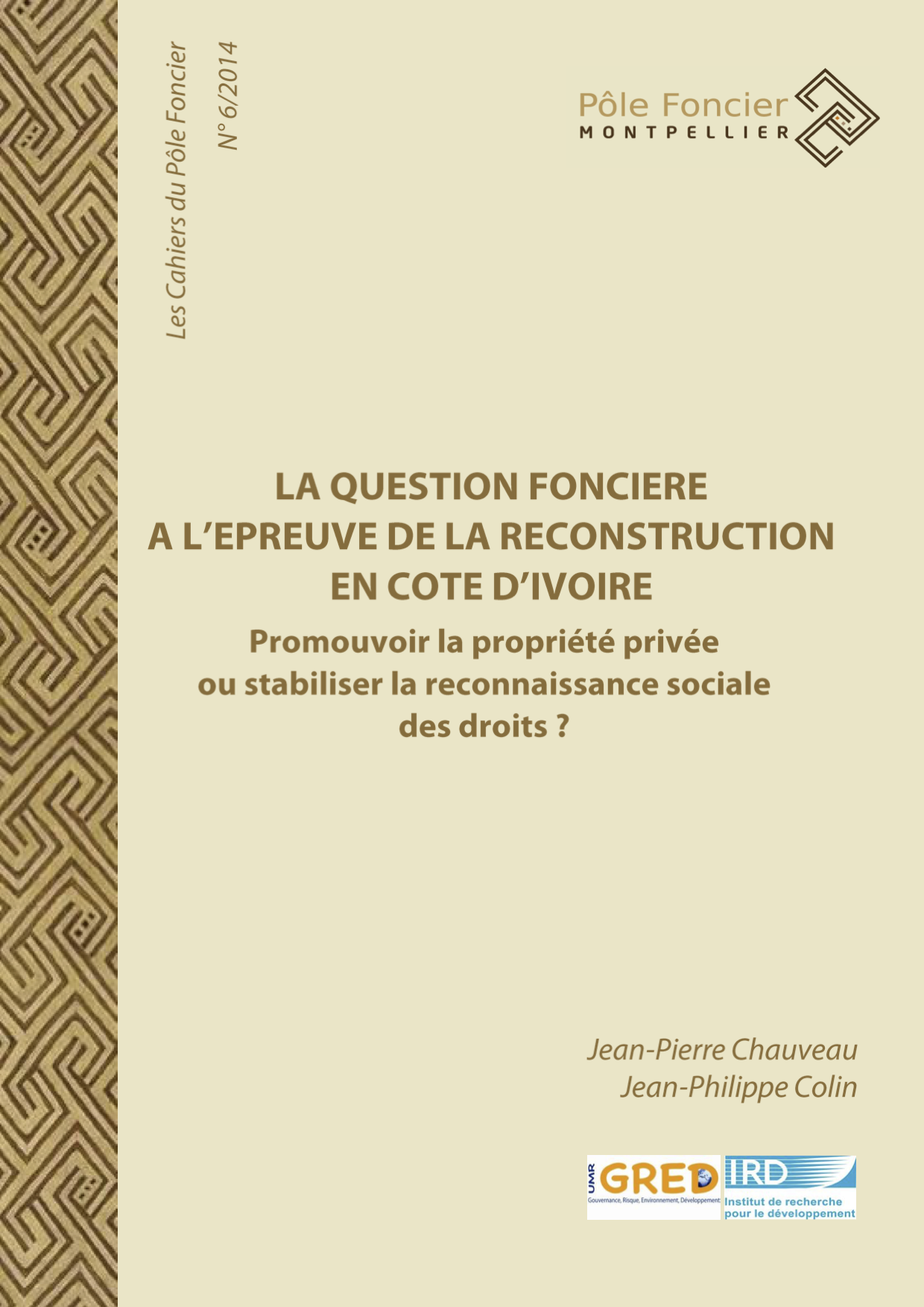Nepal: Land for Landless Peasants
ABSTRACTED FROM OVERVIEW:
The Lands Act 1964 was the first comprehensive piece of legislation which came into existence to pave the way for land reform. Key objectives of the Act were a) enhancing the standard of living of people dependent on land including through ensuring “equitable distribution of agricultural land”; and b) securing rapid economic development and wellbeing of the general population through attaining optimum agricultural growth.









